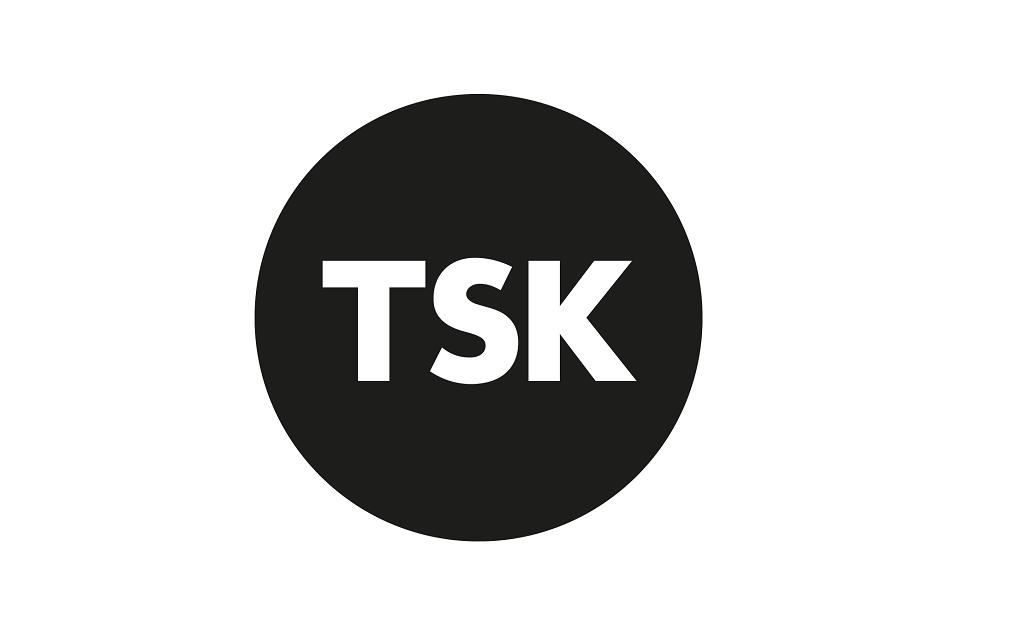Social value in tendering: seven things to remember
Last week, I attended a social value event hosted by the Greater Manchester Chamber of Commerce. A panel of businesses, commissioners, community groups and local authorities provided a good mix of experiences and views on how social value in procurement can work best.
Social value in tendering is not new but it has changed. The times of token Corporate Social Responsibility commitments are gone…social value needs to have a real, measurable impact. Here are some of the points that were discussed and are worth considering when putting a winning social value response together.
Social value can be a deal breaker
It’s generally accepted that businesses should take on more responsibility when it comes to social value, which means those that don’t could find themselves losing out on contracts. Since the Social Value Act came into force, many local authorities have increased their social value scoring criteria, with Manchester City Council assigning a minimum 20% of the scoring to social value since last year. Speakers at the event confirmed that social value has been the deciding factor for some tenders so all businesses hoping to deliver public contracts need to be taking social value seriously.
Doing good is good for business
A strong theme for the event was ‘Grow and Give Back’, which, for me, reaffirmed the point that delivering social value makes good business sense. Businesses shouldn’t be ashamed of gaining from their social value activity – mutual benefit for all those involved is a sign of success. One panel member spoke of his experiences in the hospitality industry, which struggles, like construction, to attract females and has a high rate of turnover. As the owner of a family-owned hospitality company, he recognised that his nurturing family culture could be a good environment to attract and support young women into the industry. A programme was set up to train young women from disadvantaged groups, with four of the five taking part now formally employed by the company. Whilst it wasn’t the easiest way to recruit staff, the restaurant boss said it was worth it to have a positive impact on lives and to reach talent that may otherwise have been missed.
Small businesses can have a big impact
It’s recognised that SMEs cannot always match the in-kind commitments made by larger businesses due to limited time and resources. Some authorities now allow smaller businesses to pay into a social fund instead. This allows the business to make a financial contribution towards social value projects and to evidence its positive impact during the tender process.
Working with smaller businesses can be powerful for large multinationals who might struggle to deliver meaningful localised value. Using a local supply chain not only contributes to the local economy but can provide a direct channel to the area and the knowledge and links needed to set up social value initiatives that reflect local needs.
Social value needs to run deep
Your business may currently deliver social value but is it really tackling the most prevalent local issues and could you have a greater impact? One example is the support and work experience that many companies offer in the form of construction apprenticeships. Whilst this is extremely valuable, it was highlighted that few companies specifically target young people from disadvantaged groups who may not naturally have the opportunity or aspirations to take that route. Working with local agencies who understand and have relationships with these groups can help you work with hard-to-reach groups to have a deeper societal impact.
Innovation doesn’t sit well with procurement teams
An interesting comment was that innovation in tenders doesn’t sit well with procurement teams and should be saved for a later stage. However, I believe this makes it more difficult to stand out from the competition and encourages the same standard responses. The suggestion was made that anything which does not clearly contribute to corporate objectives can be difficult to score but that procurement teams were trying not to stifle innovation by being too prescriptive. For me, this suggests the issue lies more with how the information is presented than the ‘innovative’ content, which can be overcome by clearly mapping out and evidencing social value impact against local priorities in the bid response.
Help is out there
Many authorities now have a social value toolkit, which is designed to help suppliers understand and deliver localised social value. These toolkits include ideas for the type of social value you might offer, potential partners and how you can demonstrate this for a winning tender response. It’s important to familiarise yourself with the local social value priorities to ensure that your commitments and response reflect them. Don’t make the same standard commitments to every client as each has its own unique socio-economic challenges.
Expectations will change
A review of the Social Value Act was announced earlier this year with two potential changes anticipated at the event: more accountability and innovation.
It’s expected that public bodies will be required to take action and be accountable rather than just ‘consider’ social value, which may see more local authorities increasing social value requirements and scoring.
Innovation may also be favoured in the future, which is interesting given the earlier point – I believe this would encourage deeper interaction between business, communities and social enterprises and the pooling of resources to create a valuable collection of skills, knowledge and capacity to deliver real change.
For help ensuring your social value tender response reflects local priorities, email donna@thenorthernedge.co.uk
Selected industry experts bring you insight and expert advice, across a range of sectors.
Subscribe for free to receive our fortnightly round-up of property tips and expertise
Selected industry experts bring you insight and expert advice, across a range of sectors.
Subscribe for free to receive our fortnightly round-up of property tips and expertise





